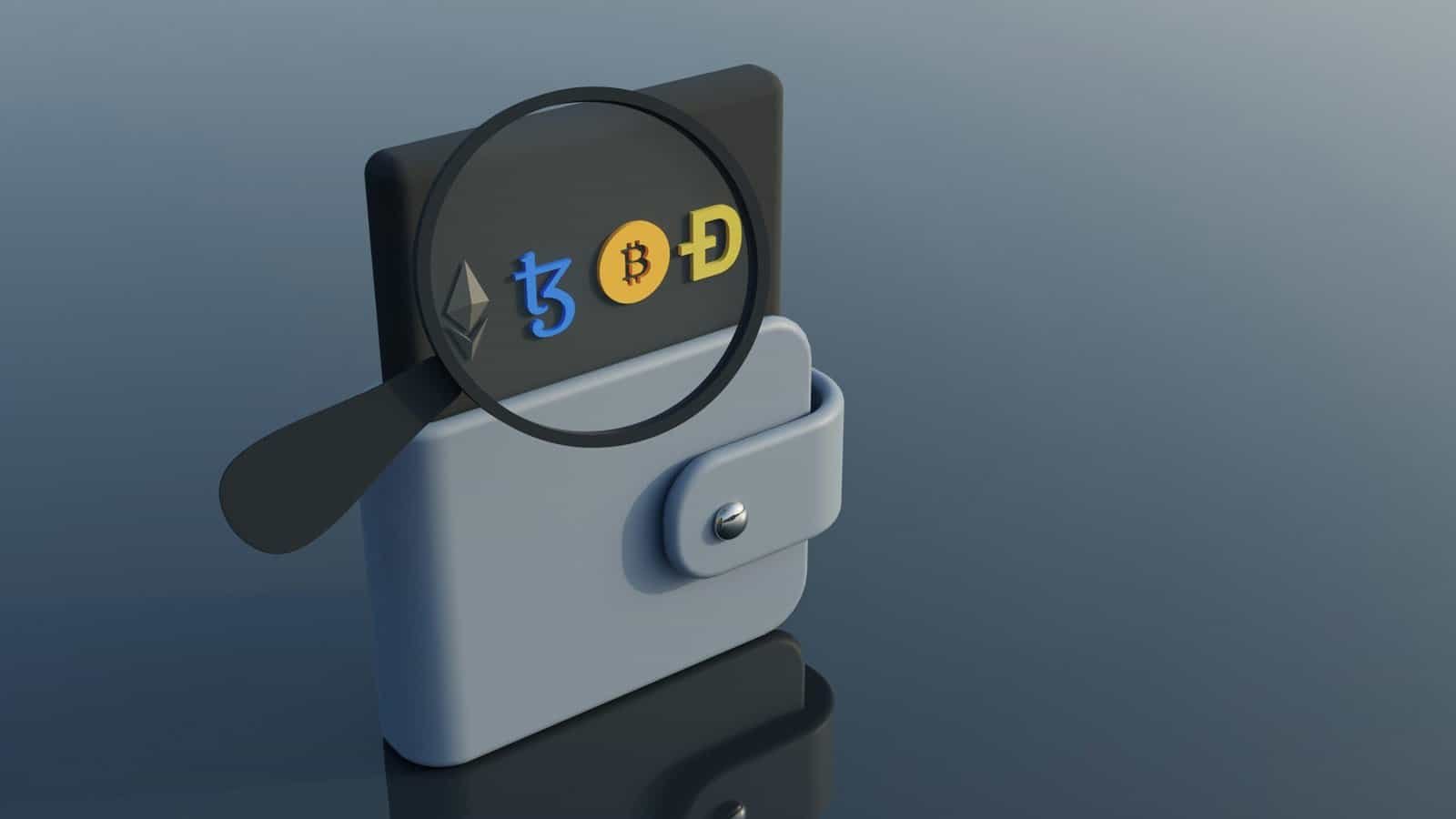Have you ever wondered how to protect your cryptocurrency investments from hacking? In the digital world, where cryptocurrency continues to thrive, ensuring the safety of your investments is paramount. As convenient and rewarding as investing in cryptocurrencies may be, it’s equally important to safeguard them against potential threats. Let’s delve into how you can secure your holdings and protect your financial future.

Understanding Cryptocurrency and Its Risks
Cryptocurrency is essentially digital or virtual currency that uses cryptography for security. Unlike traditional currencies issued by governments (fiat currencies), cryptocurrencies operate independently of central banks. However, the rise of digital currency has also attracted cybercriminals, leading to increased risks of hacking. To protect your investments, understanding these risks is the first step.
Why Cryptocurrency is Vulnerable to Hacking
The decentralized nature of cryptocurrency, while offering advantages such as enhanced privacy and autonomy, also presents several security challenges. Unlike a traditional bank account, where your funds are secured and insured, cryptocurrencies are stored in digital wallets that can be vulnerable to cyber-attacks. This decentralized system requires adequate security measures on your part to prevent unauthorized access and theft.
Common Types of Cryptocurrency Hacks
Various kinds of hacks can target your cryptocurrency investments. Some common methods include phishing attacks, where hackers impersonate legitimate entities to trick you into disclosing sensitive information, and malware attacks, which can infiltrate your devices to steal data. Ransomware can lock you out of your digital wallet until a ransom is paid, while SIM swapping involves a hacker tricking your mobile provider to gain control of your phone number and access your accounts.
Steps to Secure Your Cryptocurrency
While the risks are real, there are numerous proactive steps you can take to safeguard your digital assets. By implementing these strategies, you can significantly reduce the likelihood of falling victim to hacking attempts.
Use Strong and Unique Passwords
One of the simplest yet most effective measures for securing your cryptocurrency is to create strong, unique passwords for your accounts. Instead of using easy-to-guess passwords like birthdays or common words, opt for a combination of letters, numbers, and special characters. Ensure each account has its own unique password to prevent a breach on one from affecting others.
Enable Two-Factor Authentication (2FA)
Two-Factor Authentication adds an extra layer of security to your accounts. By requiring a second form of identification beyond just a password, 2FA makes it much harder for hackers to gain unauthorized access. Common forms of 2FA include SMS codes, authentication apps, or even biometric scans like fingerprint recognition.
Regularly Update Your Software
Ensuring that your software is up-to-date is crucial in defending against vulnerabilities that hackers may exploit. This includes your device’s operating system, any applications used to manage your cryptocurrency, and your digital wallets. Developers frequently release updates to patch security flaws, so it’s essential to stay current.
Use Cold Wallets for Storage
Cryptocurrency can be stored in hot or cold wallets. Hot wallets are connected to the internet, making them more susceptible to attacks, while cold wallets are offline, providing a higher level of security. For long-term storage, consider using cold wallets, such as hardware wallets or paper wallets, to keep your cryptocurrencies safe from online threats.
Avoid Public Wi-Fi for Transactions
Conduct your cryptocurrency transactions over secure, private internet connections. Public Wi-Fi networks can be breeding grounds for hackers, as they often lack the security measures of private networks. If you must use public Wi-Fi, consider using a Virtual Private Network (VPN) to encrypt your internet traffic and protect your data.
Conduct Thorough Research Before Investing
Before making any cryptocurrency investments, conduct thorough research into the platform or coin. Look for reputable exchanges and be wary of too-good-to-be-true offers that may be scams. Pay attention to reviews, expert opinions, and regulatory compliance to minimize exposure to fraudulent activities.

Advanced Security Measures
Once you’ve covered the basics, you might consider some advanced techniques for further assurance.
Set Up a Multi-Signature Wallet
A multi-signature wallet requires more than one signature or approval from different parties to authorize a transaction. This adds an additional barrier for hackers, as they would need to compromise multiple accounts or devices to access your cryptocurrency. These wallets are particularly useful for business transactions or joint accounts.
Use Trusted and Secure Exchanges
Select cryptocurrency exchanges that have a strong reputation for security. Examine their security protocols, user reviews, and how they handle past security breaches. Reputable exchanges also typically offer insurance for stored funds, which can provide an extra layer of security for your assets.
Monitor Transactions Regularly
Make it a regular habit to check your account activity. Early detection of unauthorized transactions can allow you to take prompt action and recover lost funds more effectively. Setup alerts if possible to notify you of any suspicious activity.
Consider Legal and Insurance Protections
As cryptocurrency becomes more mainstream, legal frameworks and insurance options are improving. Some companies now offer insurance for digital assets, which can protect you against losses from hacking. Keep up to date with these options and use them to your advantage as part of a broader security strategy.

Staying Informed and Vigilant
The world of cryptocurrency is continually evolving, and staying informed about the latest threats and security practices is essential. Cybersecurity is a dynamic field, and what works today might not be sufficient tomorrow.
Keep Up with Cryptocurrency News and Trends
By following cryptocurrency news outlets and forums, you can stay updated on potential threats and emerging security solutions. Participate in cryptocurrency communities to exchange information and insights with fellow investors.
Regular Security Audits
Consider conducting regular security audits for your digital assets. This might involve revisiting your security settings, reviewing access logs, and ensuring that you are following best practices. A routine check of your security measures can identify any weak points and help fortify your defenses.
Educate Yourself Continually
Security awareness training isn’t just for corporations—individual investors can benefit immensely from continually improving their knowledge about cybersecurity best practices. Access online courses or workshops related to cryptocurrency security to keep your skills sharp and adaptive.

Conclusion
The rise of cryptocurrency offers remarkable opportunities for financial growth and diversification. However, with these opportunities come new security challenges. By adopting both basic and advanced security measures, you can protect your investments from hackers. Remember, the security of your cryptocurrency is largely in your hands, and taking proactive steps today can help ensure the safety of your assets tomorrow. Stay informed, stay vigilant, and secure your journey into the world of digital finance.

